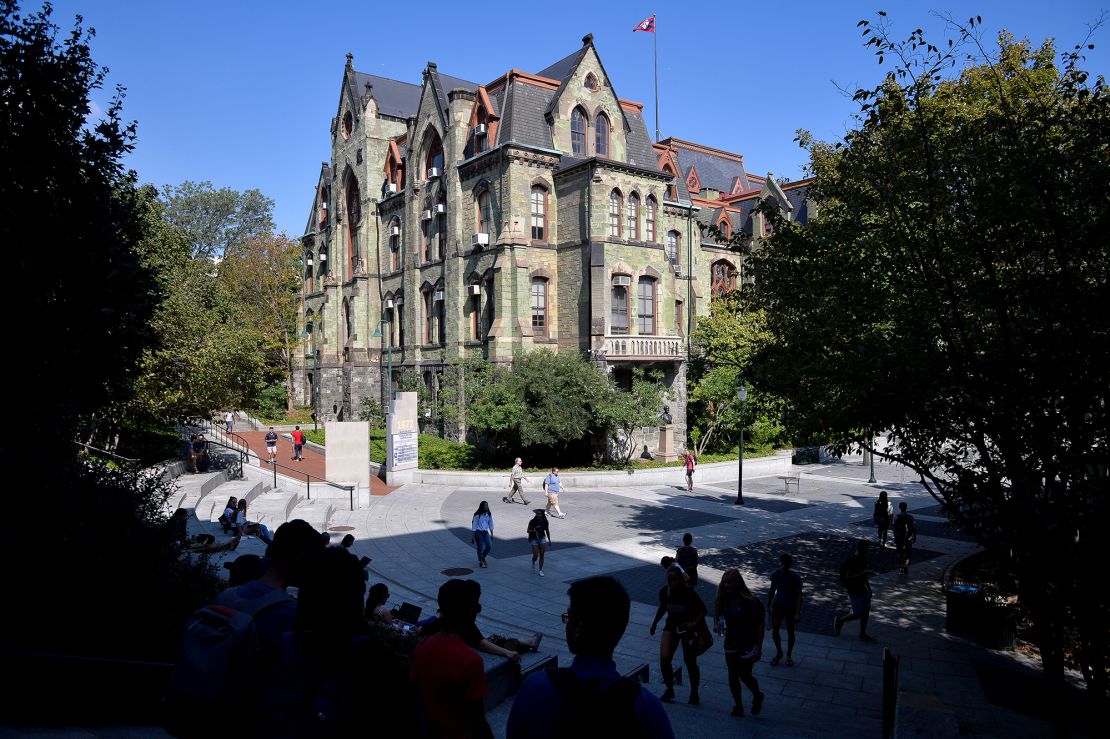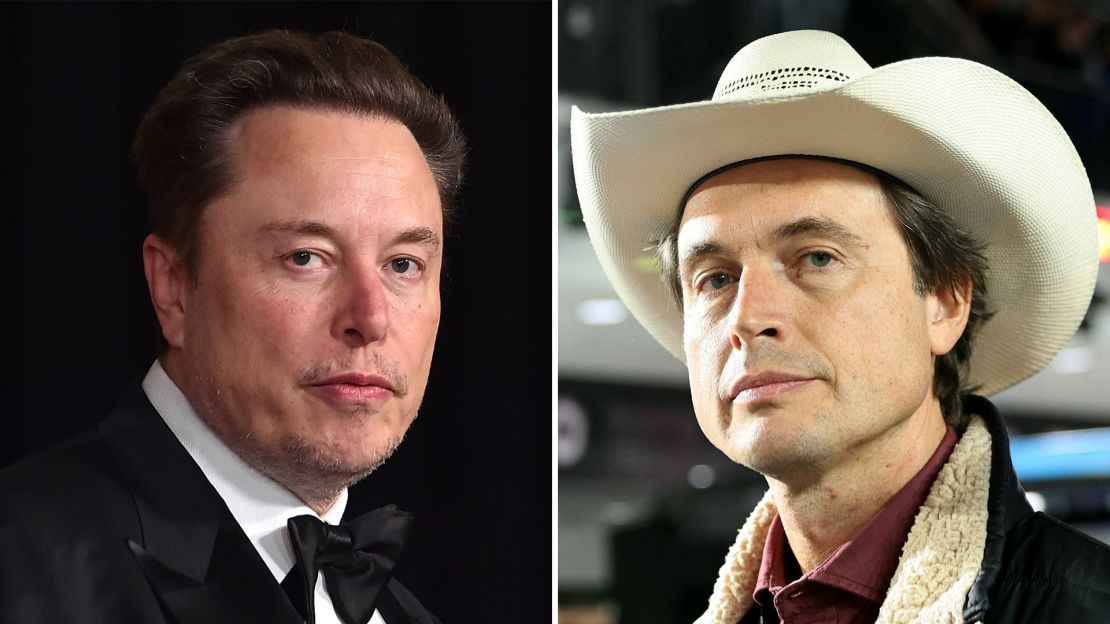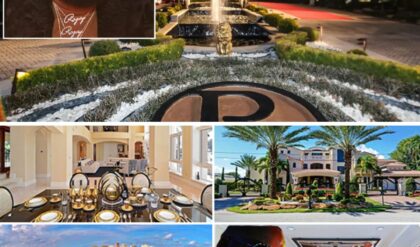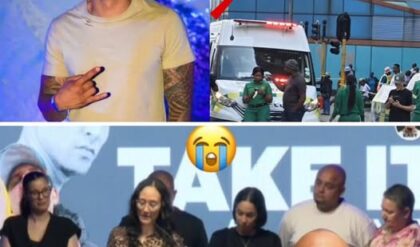
Elon Musk speaks during an America PAC town hall in Lancaster, Pennsylvania, on Saturday, hours after the Washington Post reported he began his career working illegally in the US. The billionaire later posted on X denying he’d worked in the US without authorization.
Samuel Corum/Getty Images
CNN —
It’s rare to hear Elon Musk discuss the details of his own immigration journey.
But the billionaire tech tycoon opened up about some of it over the weekend in a series of posts on the platform he owns, X, hours after the Washington Post reported that Musk began his career working illegally in the US when he was building a Silicon Valley startup in the 1990s.
The newspaper’s story cited court records, company documents and former business associates, including a past CEO of the company who said investors had worried that Musk could be deported.
Musk hasn’t responded to CNN’s requests for comment on the report. He also hasn’t responded to CNN’s requests for comment about remarks he once made describing his past immigration status as a “gray area.”
In a post on X, where video circulated of President Biden referencing the Washington Post report’s claims, Musk denied that he’d worked without authorization.
“I was in fact allowed to work in the US,” Musk wrote, accusing Biden of lying.
The newspaper’s report and Biden’s remarks circulated widely among critics of Musk, some of whom accused the world’s richest man of having a double standard given how much time he’s devoted to slamming illegal immigration in the runup to the 2024 presidential election.
Supporters of Musk, including Tesla fan accounts, also swiftly rose to his defense and criticized Biden.
In response to one such post, Musk described two visas he once had — offering more detail than he’d previously shared publicly.
“I was on a J-1 visa that transitioned to an H1-B,” Musk wrote. “They know this, as they have all my records. Losing the election is making them desperate.”
But experts told CNN those details raise additional questions Musk hasn’t answered.
The J-1 visa is for exchange visitors and can be used for foreign students to pursue academic training or research. It requires a sponsoring program, such as a university. An H-1B is a temporary employment visa for specialty occupations.
Why Musk’s student status matters
Musk didn’t detail what institution sponsored his J-1 visa, or which years he had the visa.
Musk was born in South Africa, obtained Canadian citizenship through his mother and came to the US to study at the University of Pennsylvania in 1992. He became a US citizen a decade later, according to biographies of the billionaire.
He has said in the past that after leaving Penn he had planned to pursue graduate studies at Stanford, but dropped out to work on founding his first company.
That’s significant, experts say, because there are strict rules about the kind of work allowed when someone is in the US on a student visa, and work authorizations tied to student visas generally require someone to be actively studying or for the sponsoring institution to allow the student to get academic or practical training after graduation.
Immigration attorney Greg Siskind, who’s co-authored multiple editions of a guide to J-1 visas, says transitioning from a J-1 visa to an H-1B visa is a possible path. But he says a J-1 visa wouldn’t provide work authorization to someone who dropped out of a degree program. The moment Musk dropped out, he would have lost his status and been unauthorized to work, Siskind says.
“Musk would have needed to be engaged in a full course of study (at least 12 academic hours a semester) in order to qualify for work while being a J-1 student,” Siskind wrote on X.
A Stanford spokeswoman told CNN last month that the university had no record Musk had ever enrolled there, but that he had been accepted into the school’s Materials Science and Engineering graduate program. Asked if Musk ever had a student visa connected with the university, the spokeswoman said she did not know because further documentation was unavailable.
What if Musk’s visa was obtained through the University of Pennsylvania, where he studied as an undergraduate?
The same criteria would apply, Siskind says.

Students walk between classes at the University of Pennsylvania in Philadelphia. Elon Musk graduated from the university with bachelor’s degrees in physics and economics in 1997.
Charles Mostoller/Reuters
And given Musk’s background, Siskind says it’s unlikely he would have been eligible for humanitarian exceptions sometimes granted to allow off-campus work due to economic hardship.
Atlanta immigration attorney Charles Kuck says Musk stating that he had a J-1 visa makes it clear he worked illegally, given the restrictions that would have only allowed work in connection with his academic program.
“So clearly, he’s admitting now that in fact, he did work illegally and violate his status. The only question is at that point, what did he do to fix his status violation?” Kuck says.
Working illegally isn’t a crime, Kuck says, but having done so would require certain steps to be taken to return to a legal immigration status.
Key unanswered questions, Kuck says, are what steps Musk took to get his H-1B visa, and when that occurred.
Musk graduated from Penn in May 1997, according to a university spokesman. Biographies of the SpaceX and Tesla CEO indicate he finished his studies there in 1995.
According to the Post’s report, a 1996 funding agreement with venture capitalists who’d agreed to contribute $3 million to Musk’s first company “stated that the Musk brothers and an associate had 45 days to obtain legal work status. Otherwise, the firm could reclaim its investment.” Musk had told coworkers that he was in the country on a student visa, six former associates and shareholders in the company told the Post.
“Student visas are some of the most complicated visas out there, and work related to them is also extraordinarily complicated. And to dismiss it in a in a two-line tweet, ‘Well I had a J-1 and it went to H-1B,’ yeah, trust me, there’s always a lot more to it than that,” Kuck says.

Elon Musk, left, and his brother Kimbal Musk, right, have repeatedly described the humble origins of their startup, including sleeping in their office in Palo Alto, California, before securing funding from investors.
AP/Reuters
What the world’s richest man has said about his immigration journey
Musk is an increasingly powerful force shaping and amplifying conversations around immigration — especially since his 2022 takeover of Twitter, now known as X, and given his huge audience on the platform.
His more than 200 million followers on X frequently see him sharing posts endorsing conspiracy theories that claim the Biden administration has deliberately allowed undocumented immigrants to cross the border to gain political advantage. It’s also common to see posts referring to his own background as an immigrant and advocating for increased legal immigration to the US.
In response to details his mother, Maye Musk, has shared on X about her own immigration journey, Elon Musk has called legal immigration to the US “a laborious Kafkaesque nightmare” and noted that becoming a US citizen “was extremely difficult and took over a decade.”
But he’s offered few specifics about his immigration status in the early days of his career, when he and his brother were founding their early online city guide and mapping tool that was later dubbed Zip2.
His brother, Kimbal Musk, has repeatedly stated that early investors in their company soon learned they were “illegal immigrants,” but Elon Musk has disputed his brother’s characterization.
“I’d say it was a gray area,” Elon Musk said at a 2013 event.
And in a 2020 podcast interview, Elon Musk said he had a “student work visa” at the time.
“Student work visa” is not an official term, and experts told CNN last month that it’s impossible to know Musk’s immigration path without access to the paper trail in his government file.
It’s likely regulations weren’t enforced as strictly during Musk’s time as a student, according to Hunter Swanson, associate director of the Center for International Education at Washington and Lee University in Virginia. Enforcement of student visa restrictions, and the systems officials use to monitor compliance, intensified dramatically after the September 11, 2001, terror attacks, Swanson told CNN earlier this year. Some of the hijackers involved in the attacks were in the U.S. on student visas, according to the official 9/11 Commission Report.
“It definitely wouldn’t be possible to do academic training now on a J-1 Visa if you dropped out in your first term,” Swanson said in an email Sunday.
What’s the importance of digging into Musk’s own immigration history?
“For me, it’s the hypocrisy,” Siskind says. ”He’s been fixated on illegal immigration in the last year. And you know, he should be empathetic to the people who are struggling with the immigration system.”





